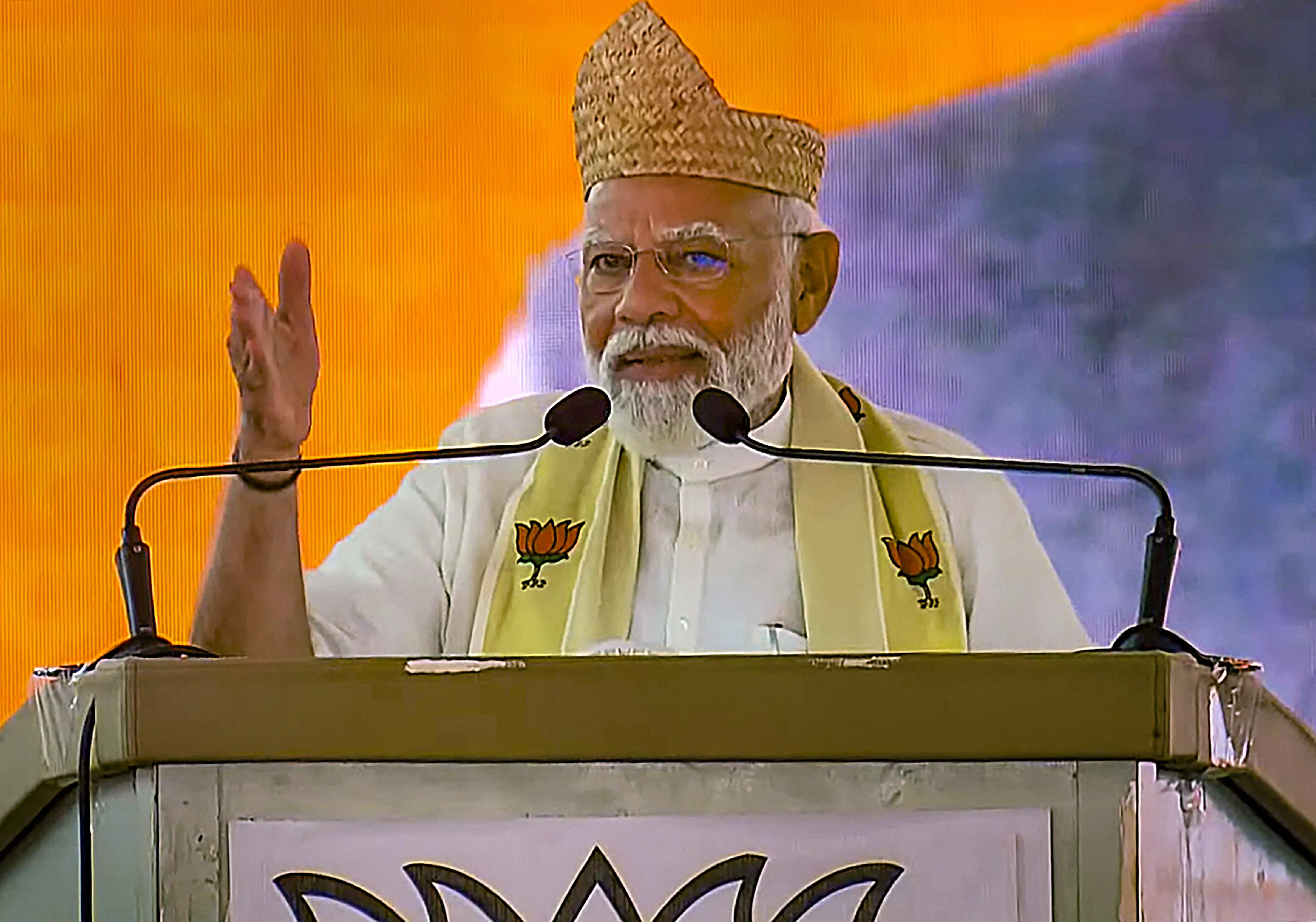DC Edit | Leaders should set example in strictly following EC code

When in doubt, go back to the basics, they say. As the election campaigning gains traction, one will be forced to go back to the Constitution, the law, and the Model Code of Conduct (MCC) to check if the framework under which the whole exercise is expected to be conducted was intact.
The Constitution says India is a secular nation; Section 123(3) of the Representation of the People Act, 1951, lists the appeal by a candidate to vote or refrain from voting for any person on the ground of his religion, race, caste, community or language or the use of, or appeal to religious symbols for the furtherance of the prospects of the election of that candidate or for prejudicially affecting the election of any candidate as corrupt practices.
Section 123 (3A) of the Act says the promotion of, or attempt to promote, feelings of enmity or hatred between different classes of the citizens of India on grounds of religion, race, caste, community, or language, by a candidate for the furtherance of the prospects of the election of that candidate or for prejudicially affecting the election of any candidate.
The MCC issued by the Election Commission of India wants parties to confine criticism of other political parties to their policies and programmes, past record and work. “Parties and candidates shall refrain from criticism of all aspects of private life, not connected with the public activities of the leaders or workers of other parties,” as per the second item on the MCC. The third one says there shall be no appeal to caste or communal feelings for securing votes.
That being the case, how is it that the leaders of the ruling party, including Prime Minister Narendra Modi, openly question the choice of food of opposition parties and saying it is meant to insult the majority of the people in the country?
Mr Modi took objection to INDIA bloc leaders “enjoying mutton” and fish in the month of Sawan and came to the conclusion that they wanted to “provoke the people of the country with Mughal mentality. How do religious practices of a person be made a determinant on deciding the conduct of another? How are “the aspects of private life, not connected with the public activities of the leaders or workers of other parties” made a point to criticise the leaders of opposition parties?
There are theocratic nations on the earth which have laws to regulate people’s choice of food. In fact, some Islamic nations have put restrictions on people taking food during the fasting period in the month of Ramzan, as per the edicts of the religion. However, even those nations have progressively relaxed such restrictions as time has gone by and have got off the observation posts on private lives.
There are people on the ground who would fan religious sentiments in their bid to garner votes; there is only so much that a regulator can control such practices. But it must remind people in responsible positions that they should follow the norms the Constitution, the law and the MCC dictate.
The Prime Minister should ideally check if there is enough on the plate of each Indian, instead of commenting on its contents. Victory in an election conducted in a fair manner would be more enjoyable than those come by unfair means. It is time the country went back to the basics in the conduct of elections.

